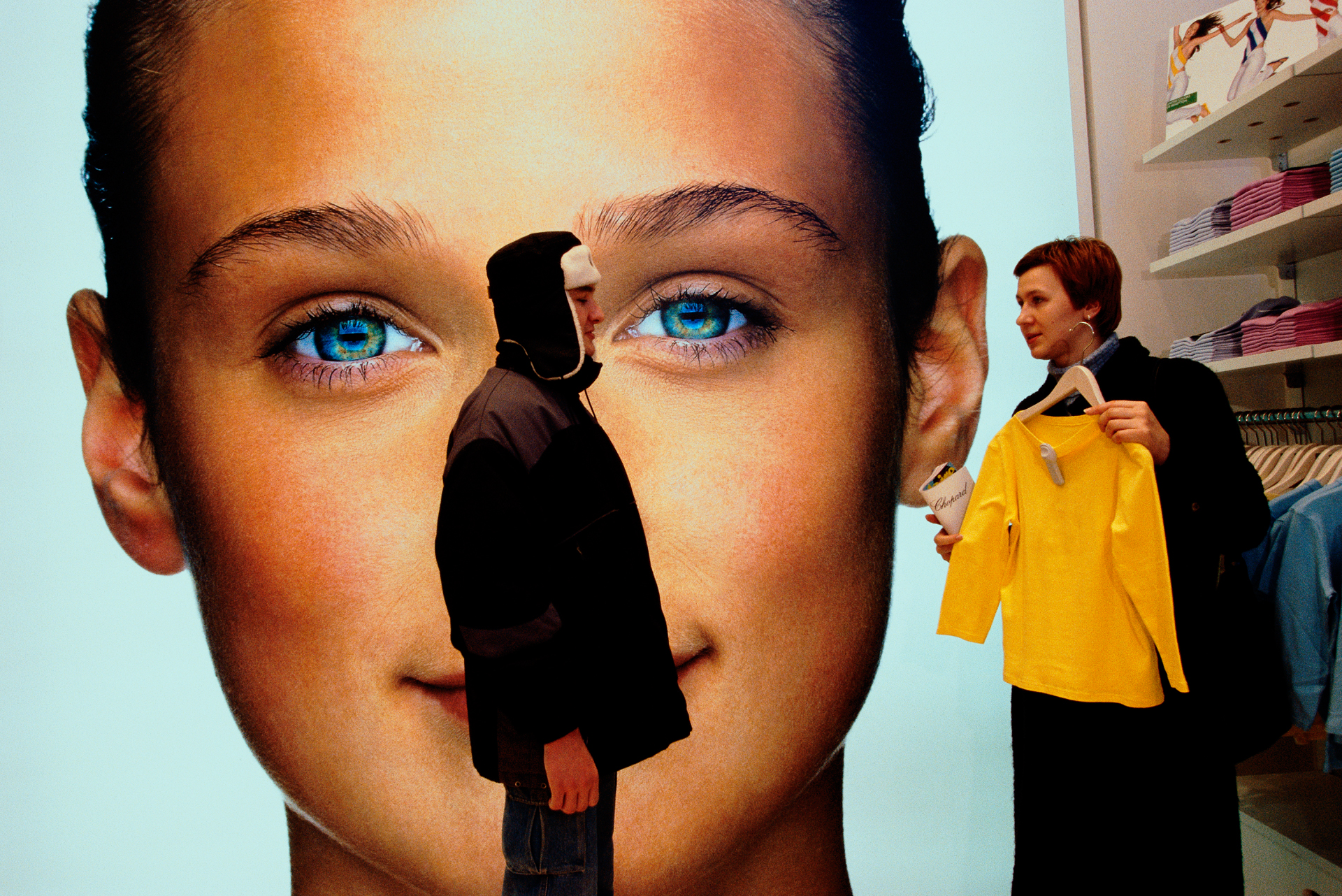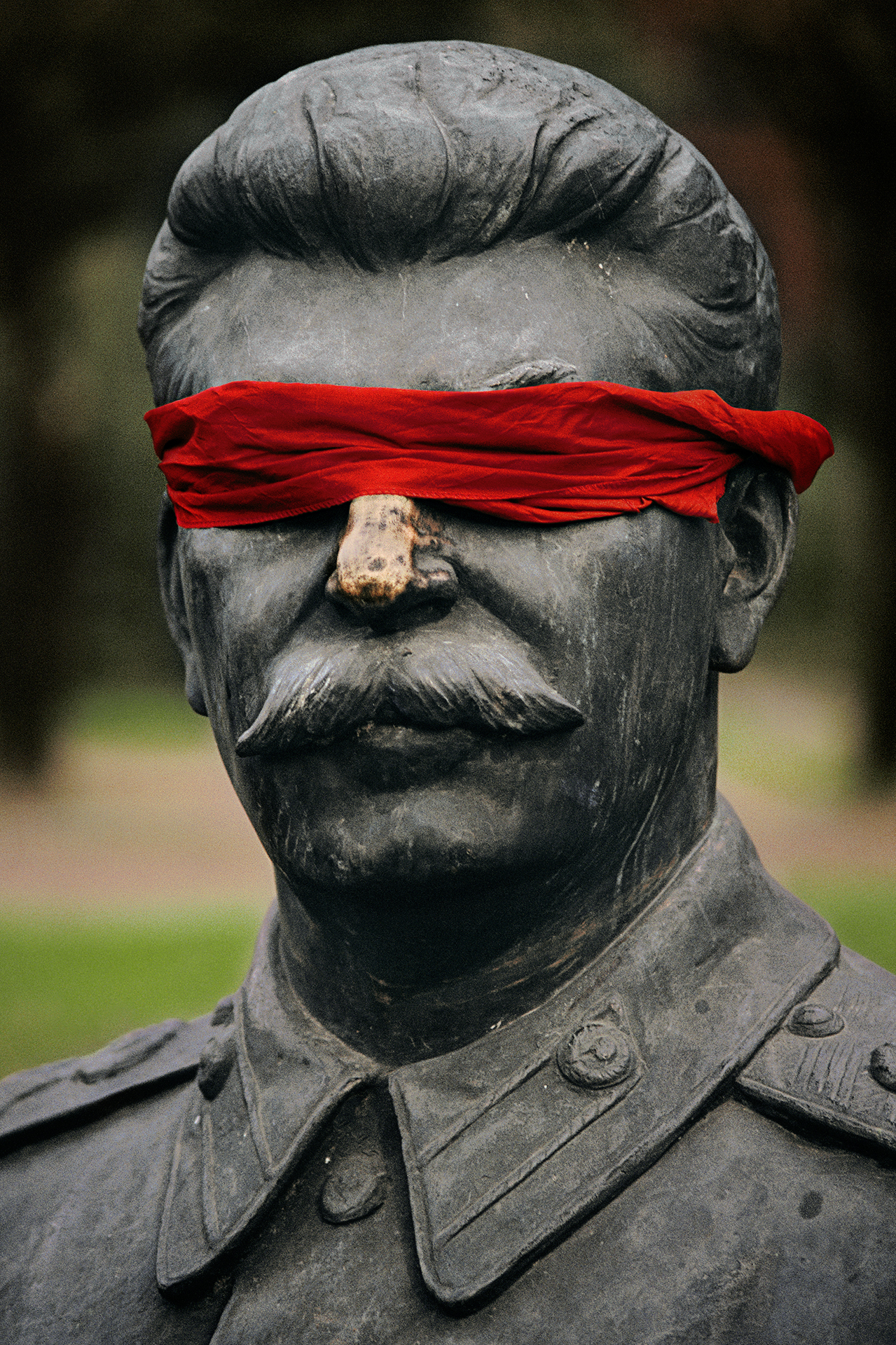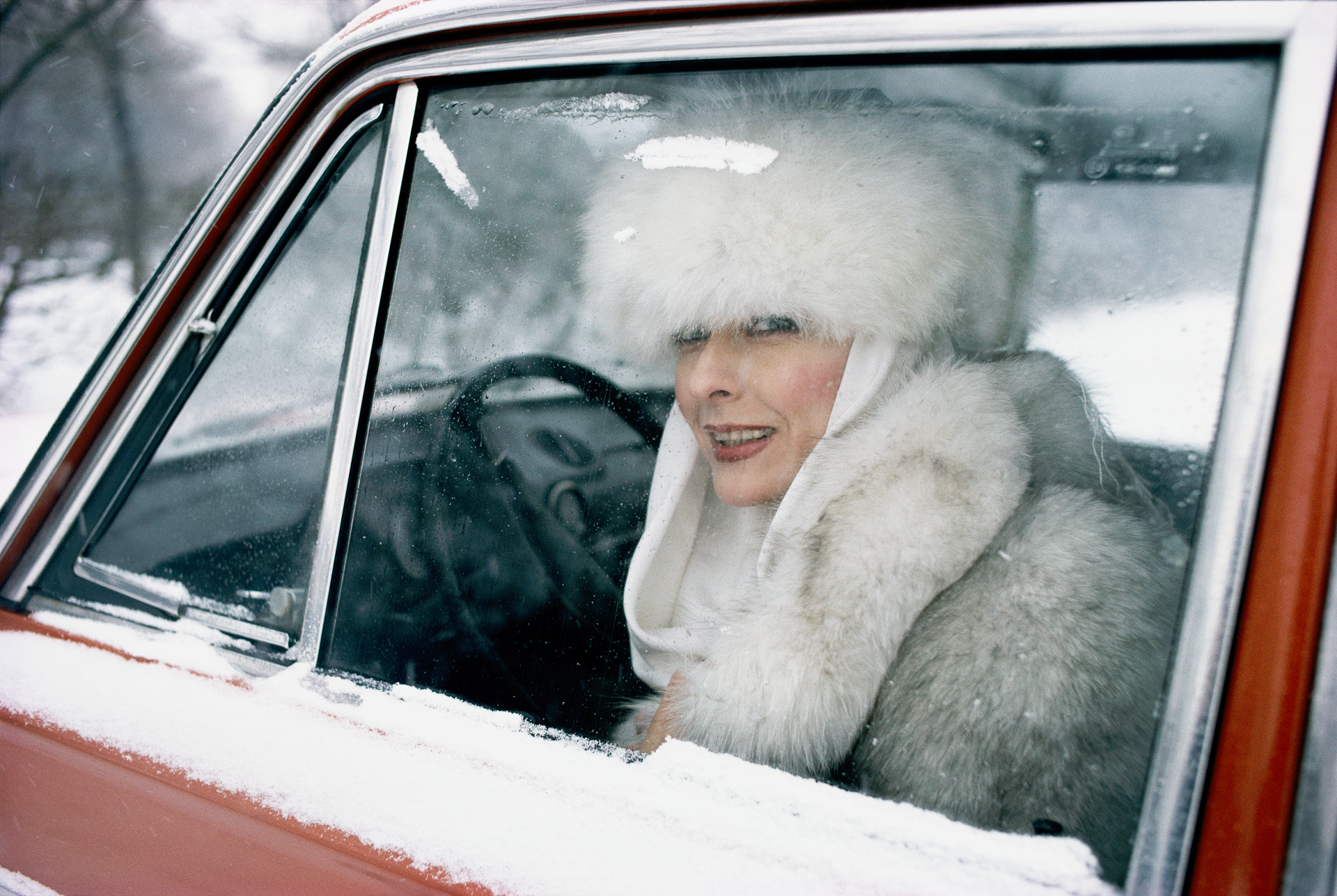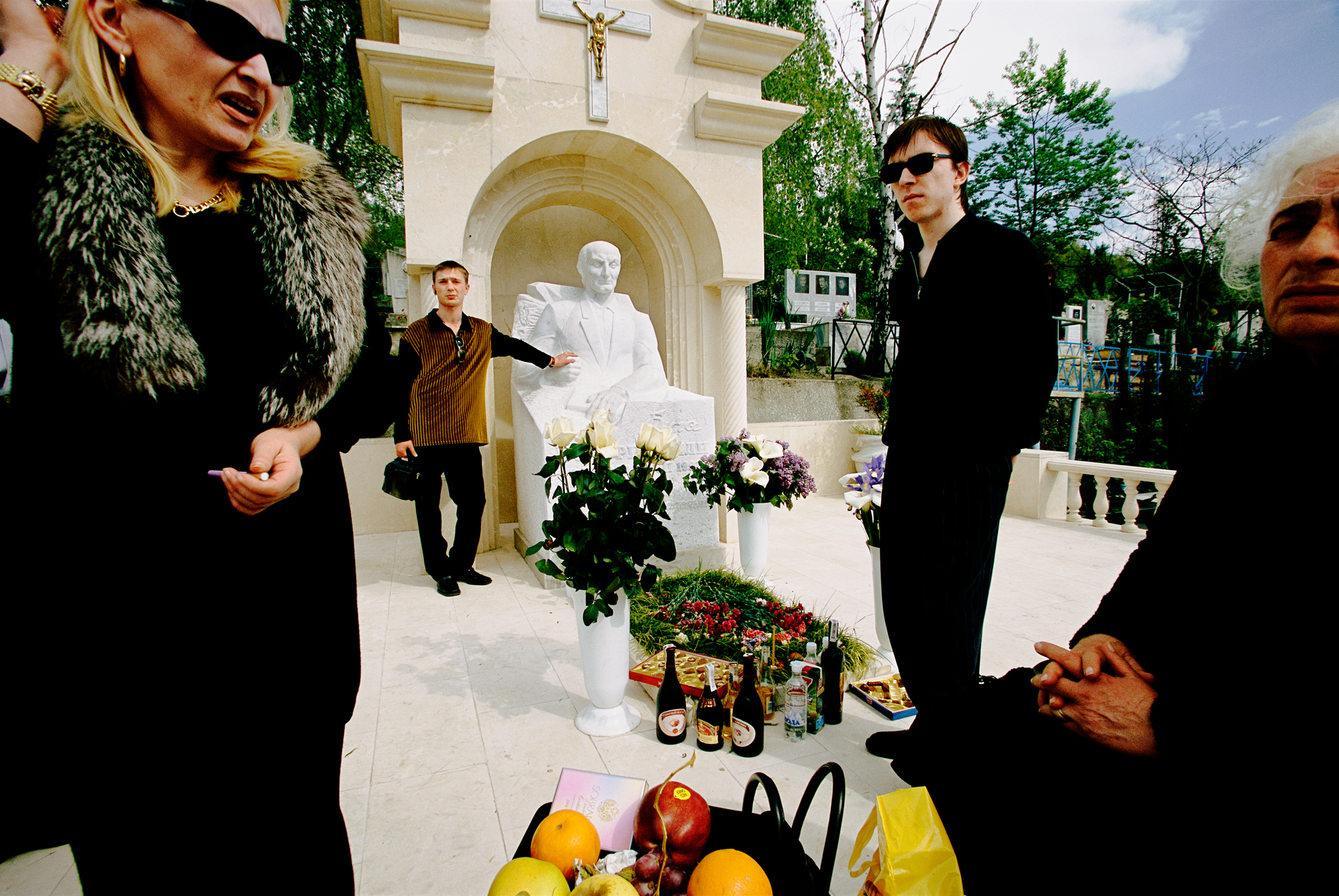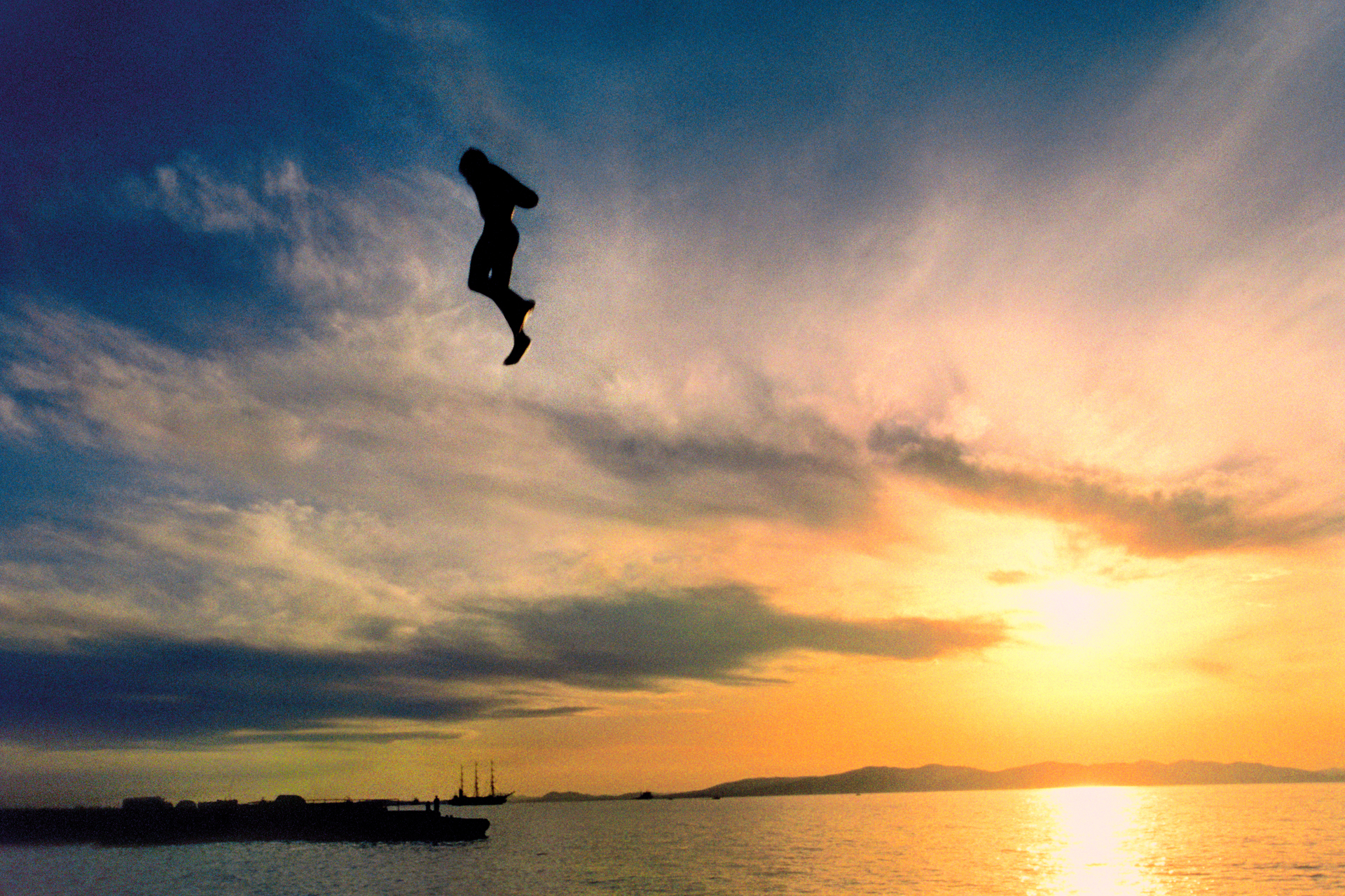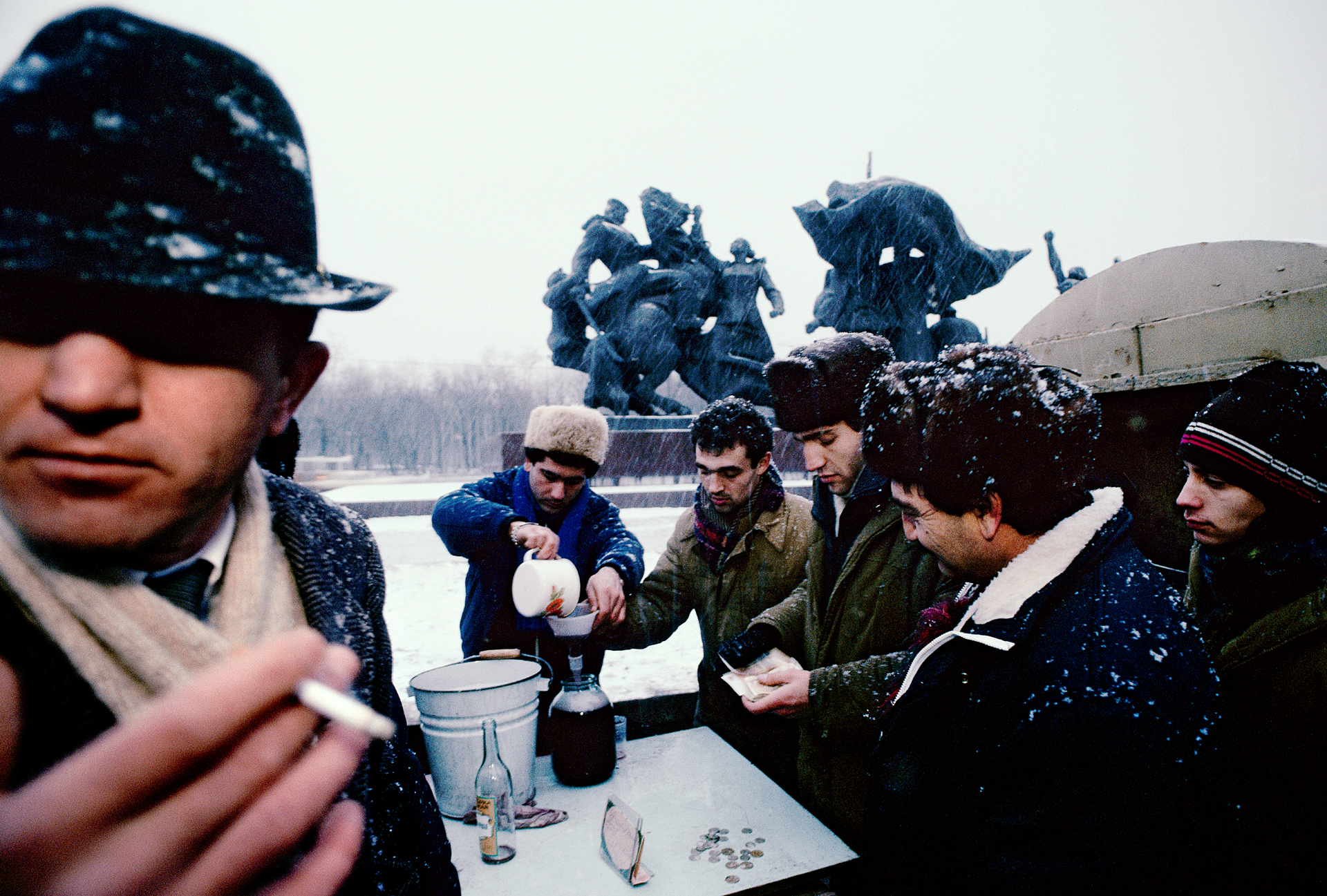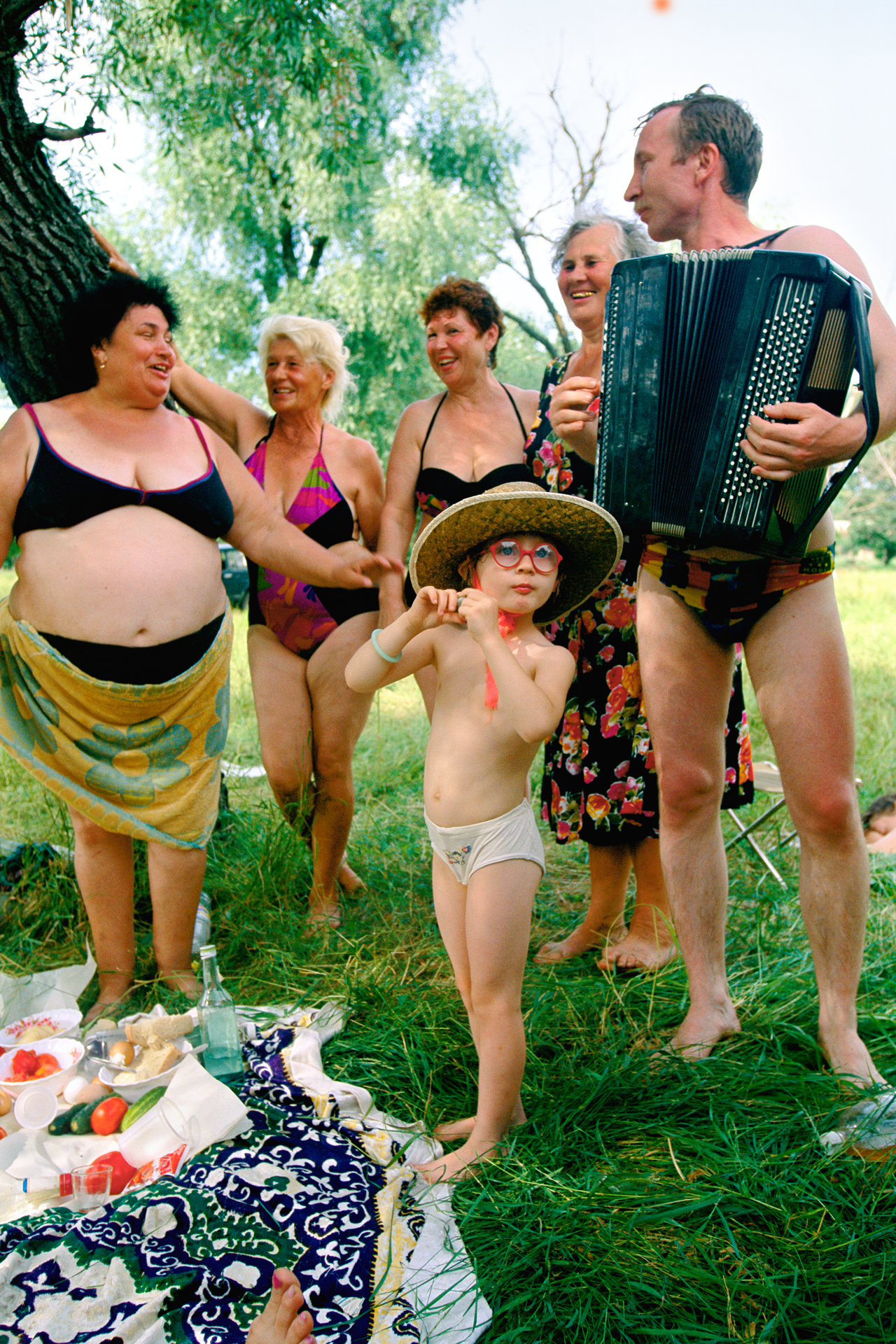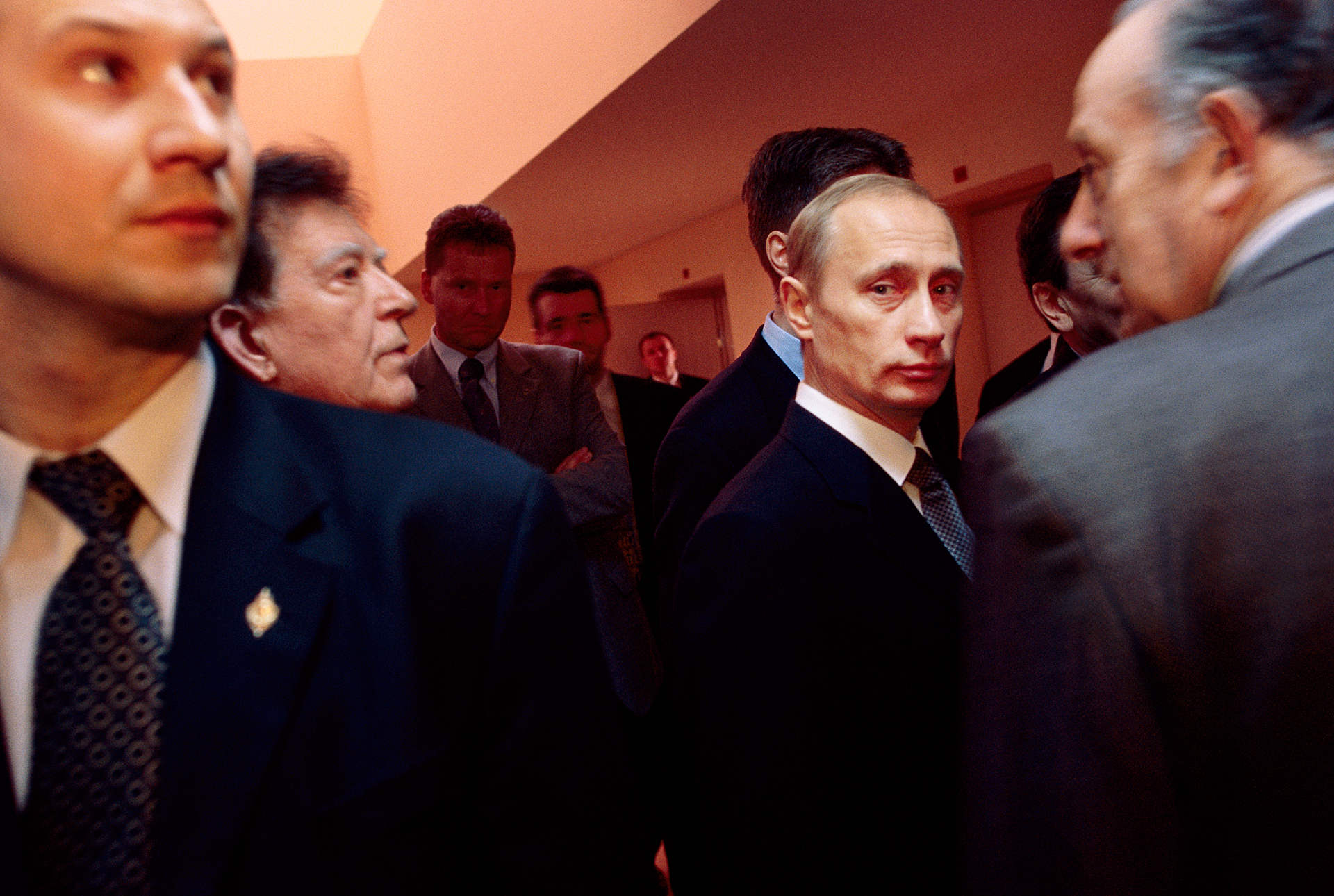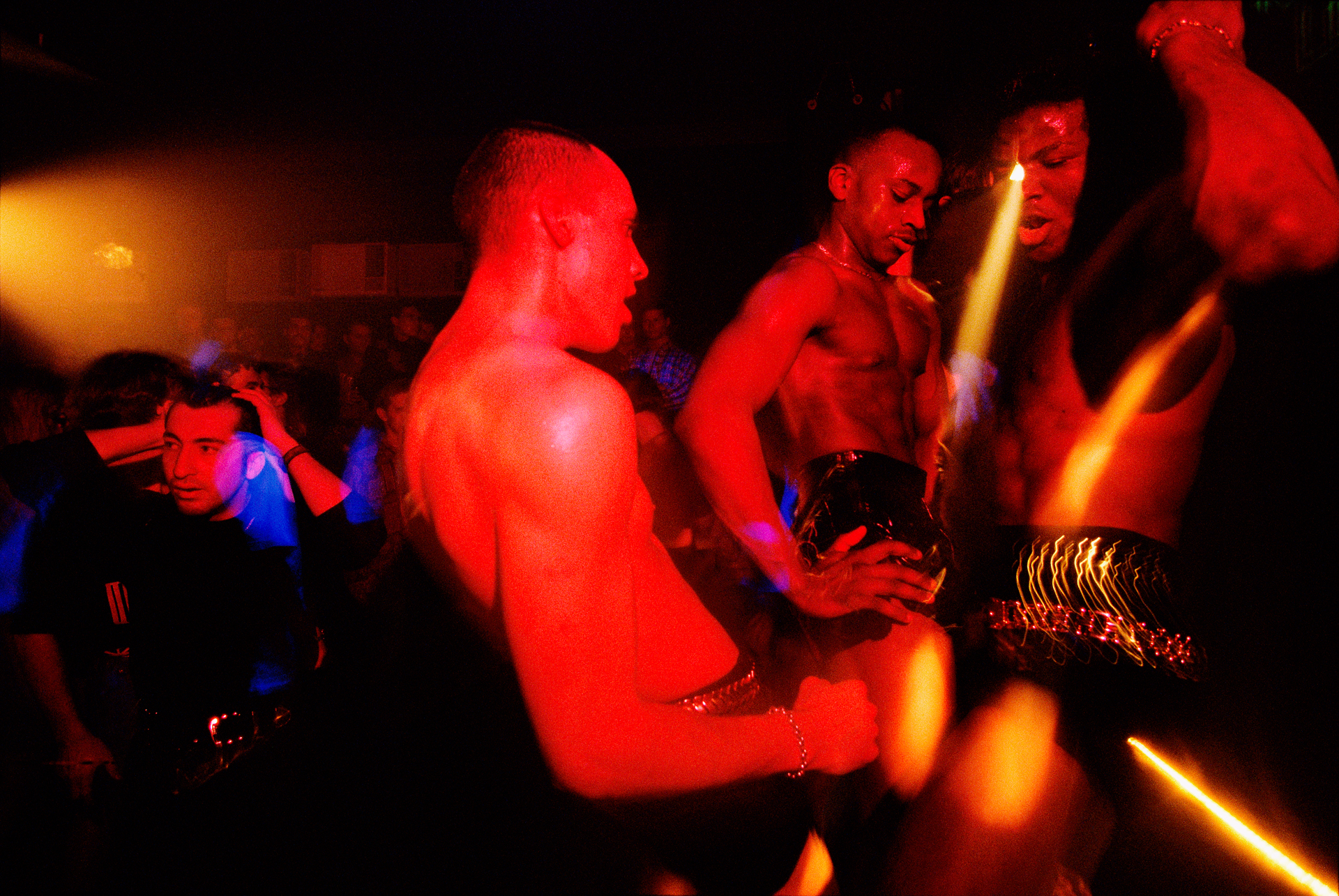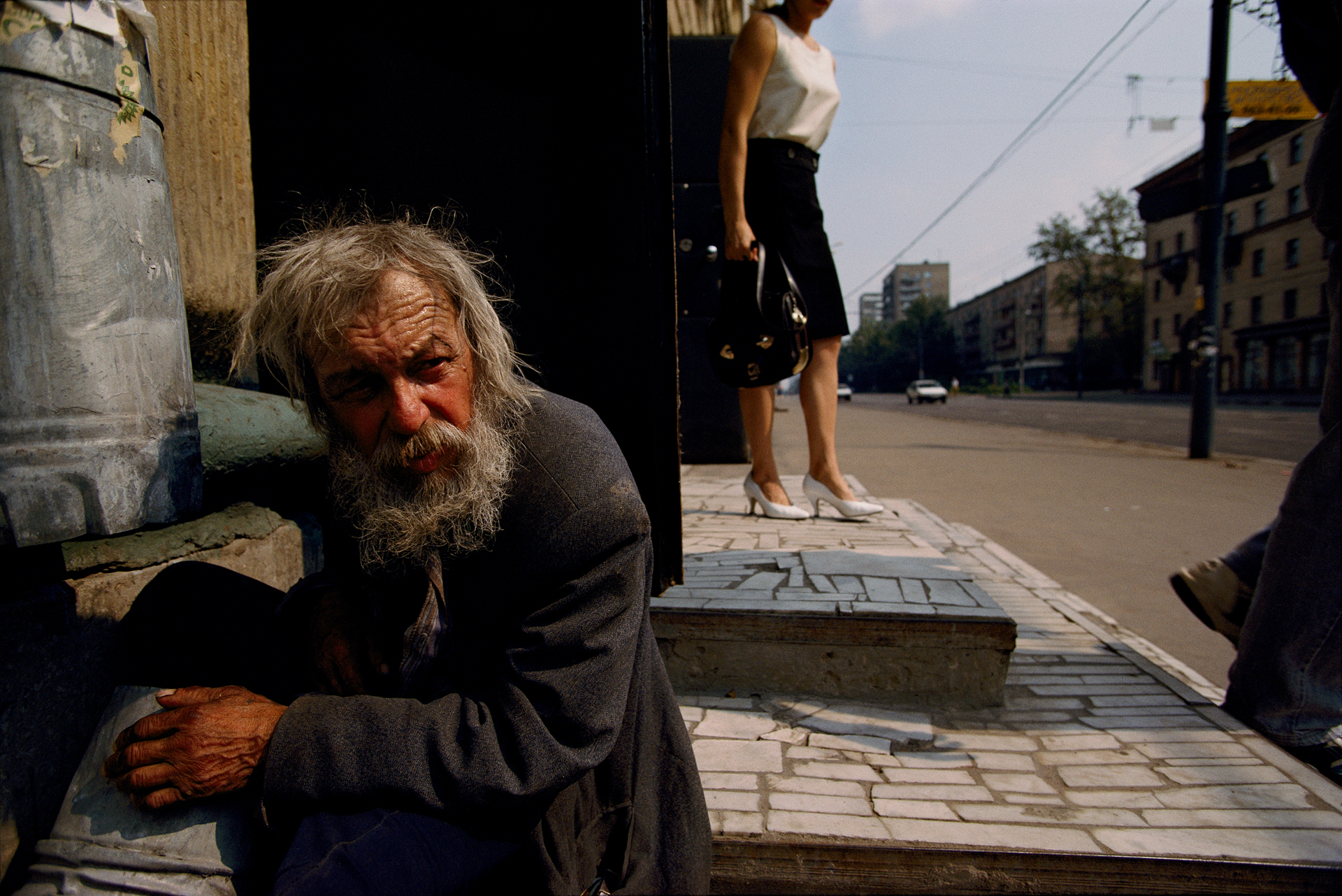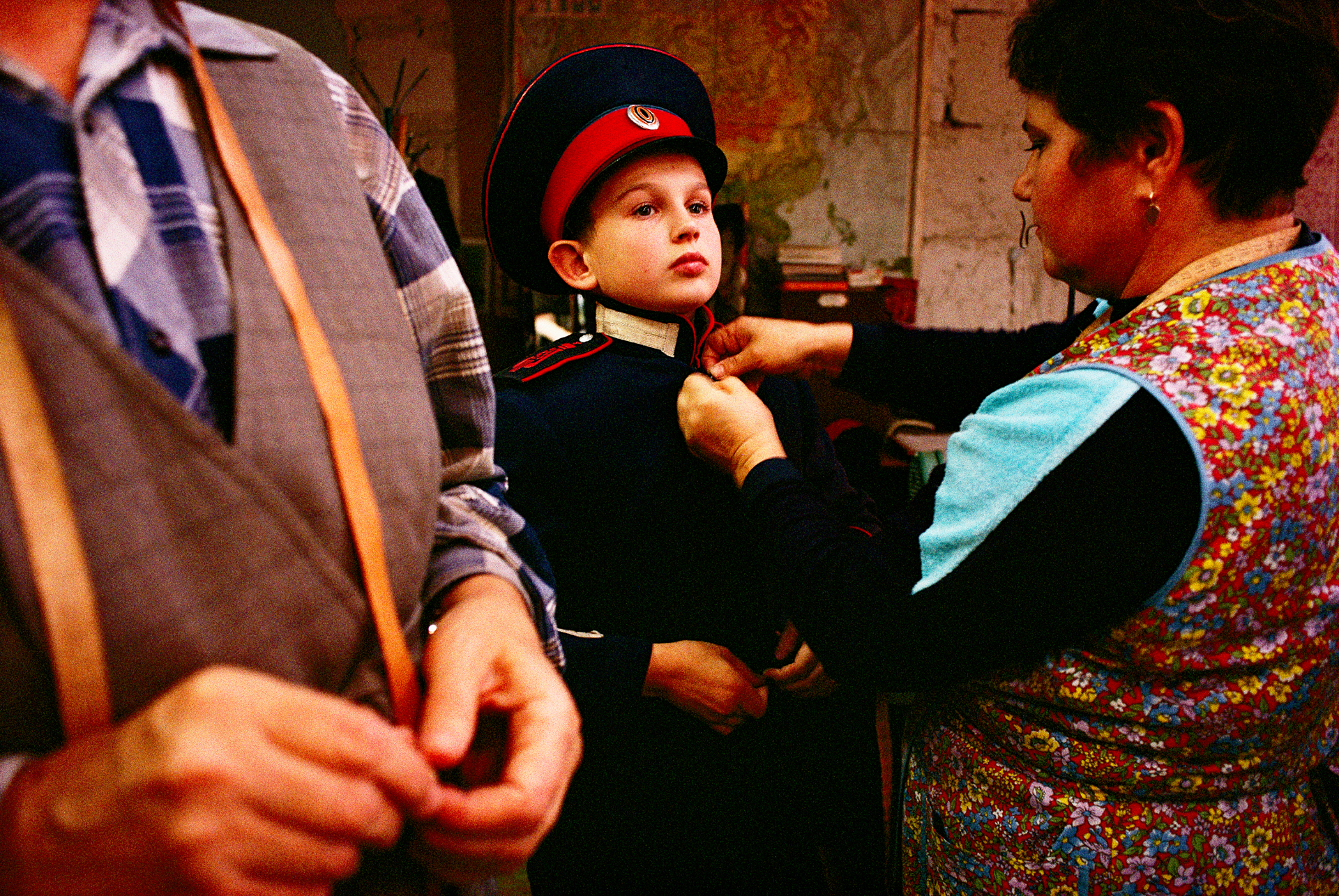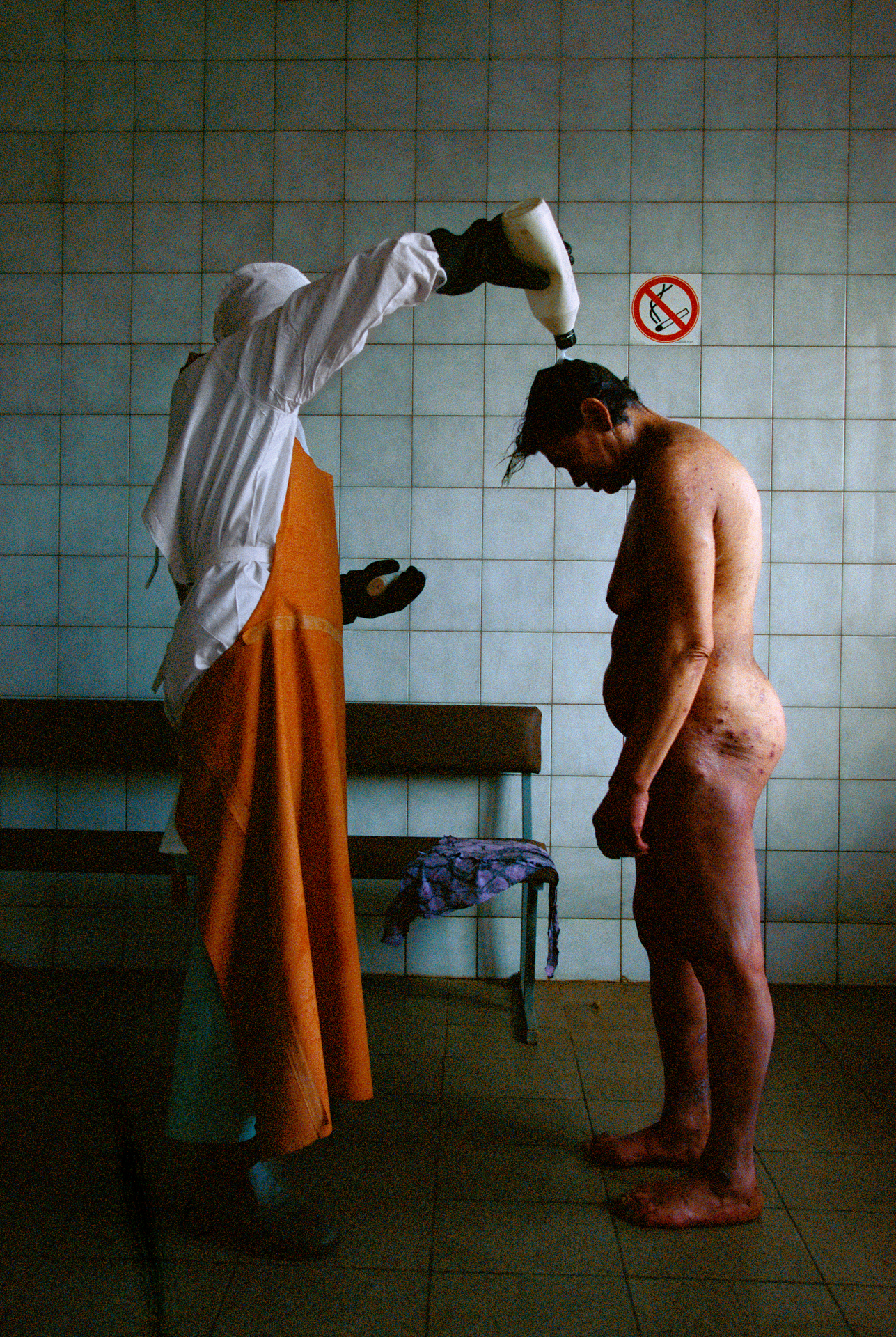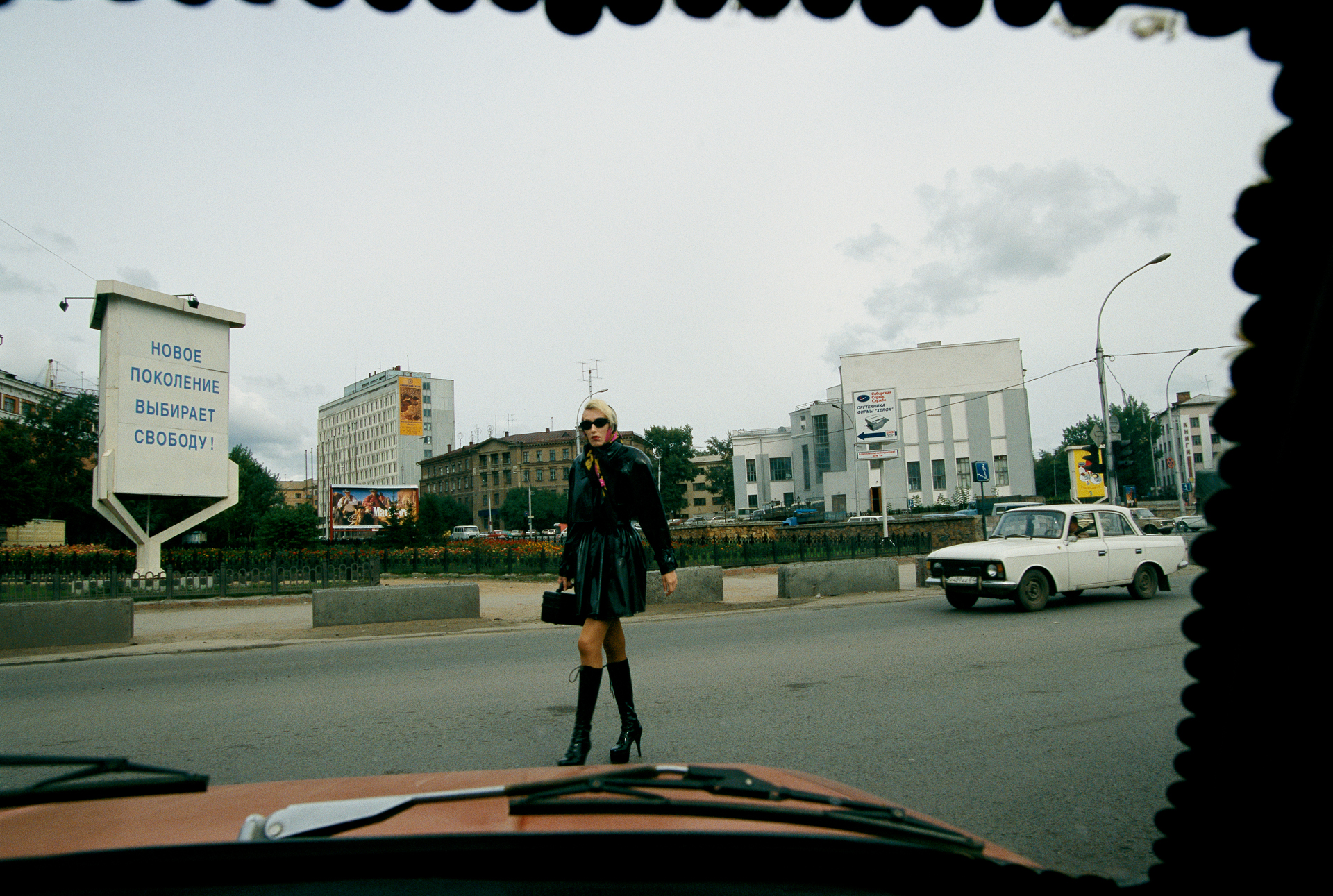On December 27th 1991, the hammer and sickle flag of the Soviet empire came down from the fabled onion domes of the Kremlin and the Russian tri-color was hoisted in its place. At the 10th anniversary of the end of the Soviet Union, Russia, under the leadership of President Putin, continues its struggle with its new identity.
After a decade of steady decline, the economic news coming out of Russia today shows hope for improvement. At the beginning of the decade, almost overnight, a large portion of society found themselves unemployed, cheated out of their property by real estate sharks, lacking medical care, homeless and hungry — while a minority of profiteers were able to accumulate immense riches, quite often through criminal methods.
Changes today become most obvious in the big cities and the industrial centers of western Russia where most of the population is concentrated. There the city skylines are brightly lit — billboards beckon — streets are crowded with shoppers and store windows are full of consumer goods. The rise of advertising as a large and powerful industry has generated well-paying middle class jobs. Even cities as far-flung as Novosibirsk in central Siberia show obvious signs of recovery. The nearby Akademgorodok — a prestigious research center during the Soviet era — seemed frozen in time 10 years ago, but now new life is on the rise. Computer software companies have sprung up throughout the area to the extent where many already have hopes of a Silicon Valley in the Taiga.
In some cities, like Moscow and St. Petersburg, the resurgence of the middle class has reached more than 20% of the population. There is a bittersweet sense of hope and loss as Russia’s youth in the big centers come to dress and behave exactly like their western teenage counterparts. Russia’s youth can be found shopping in one of the country’s 19 Benetton stores, hanging out in cyber cafés and pizza joints across Siberia, dancing all night at clubs like The NY Times in Novosibirsk where they listen to live rock or blues until 4 in the morning right in the center of Siberia. Yes, Russia is joining the world and great opportunities now exist, but at the same time, it is opening itself up to what many see as globalization and soul-less capitalism.
By the end of 2001 an increasing number of Russians may have reason to celebrate the anniversary of the fall of the Soviet system. Even though President Putin faces monumental challenges for the future, there is finally a sense of optimism that the worst has come and gone. Much of the hope for the future rests on the post-communist generation. Many of them are too young to recall the shortages and long lines that still haunt older generations or the oppression and fear that still paralyzes them. This new generation has not been taught to censor or hold itself back — anything is possible.

